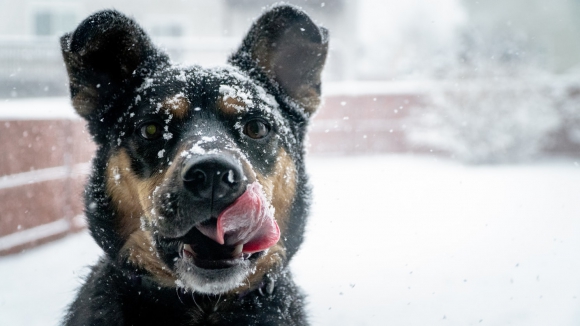


ASK US
Winter Toxins
As winter is approaching, it is important to keep the potential hazards in mind that come along with the season. Frost bite and hypothermia, ice melt, and antifreeze are the top hazards in the winter time.
Frost Bite/ Hypothermia
During extreme cold temperatures, it is possible that your pet could rapidly develop frostbite or hypothermia. When it gets cold, the body naturally pulls blood from all extremities to the internal organs to retain body heat. This may leave your pet's ears, paws and tail exposed where the tissue can be damaged and cause frostbite on these extremities. During the extreme cold days, try to reduce time being spent outside and try using a coat, sweaters, or booties to keep your pets warm.
Ice Melt
When purchasing ice melt, be sure to purchase a pet friendly ice melt. Some ice melts can cause damage to the paw pads when stepped on which could result in redness, chapping or even cracking. Ingestion of ice melts can cause severe toxicity resulting in upset stomach, vomiting, and neurologic signs. To help minimize injury or toxicity, wash your pet's paws off when they come indoors.
Antifreeze
The worst of all the winter hazards is antifreeze, which can leak from a car's radiator. Antifreeze is sweet tasting and palatable. Even the slightest bit ingested could result in fatal kidney damage. In the early stages, your pet could appear drunk. If you know, or are concerned that your pet has come in contact with Antifreeze, it is important to contact your veterinary clinic without delay.




